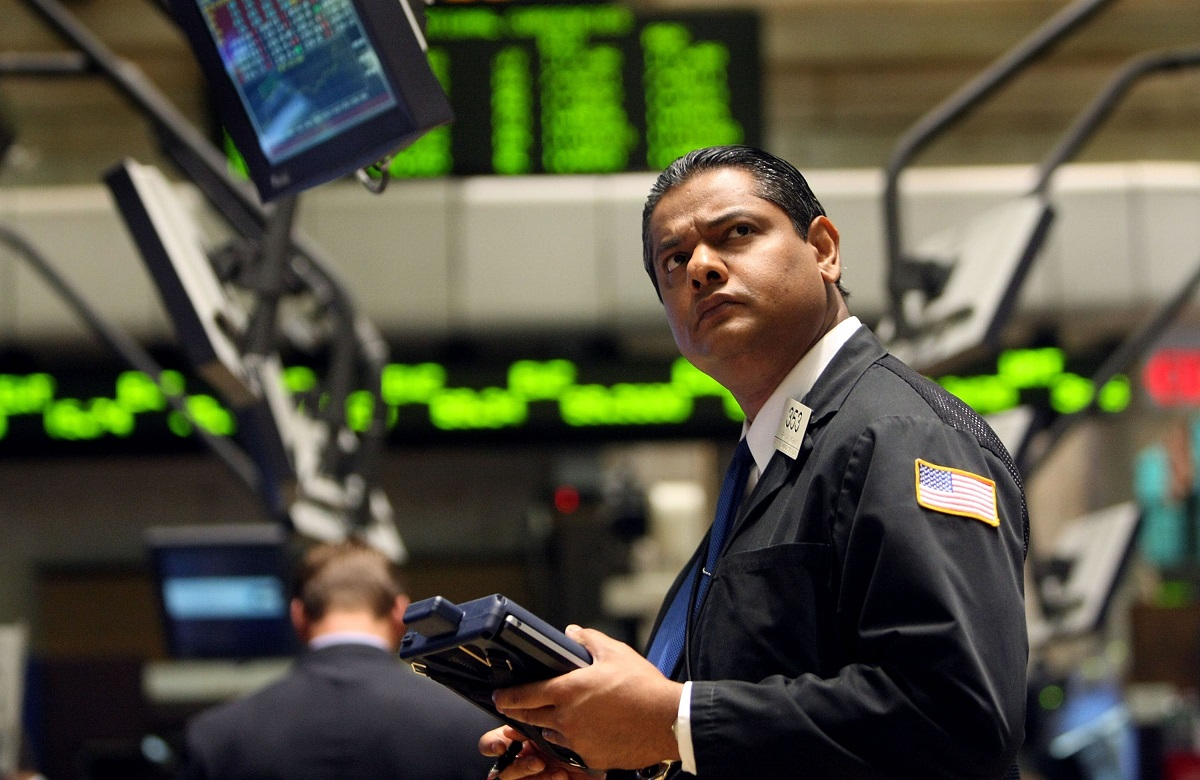
With stocks at record highs and no major news pushing them higher, the market eased down today, with investors seeming to take the opportunity for some profit-taking as they waited for next week's Federal Open Market Committee meeting. The Dow Jones Industrial Average (^DJI +0.47%) fell 67 points, or 0.4%, while the S&P 500 slipped 0.5% with both indexes dipping late in the session.
Economic releases were limited today as the Labor Department's Jobs Openings and Labor Turnover Survey showed the number of job openings ticking up 1.5% to 3.974 million in January, but the December figure was revised down from 3.99 million to 3.914 million. Job openings are now approaching levels not seen in six years, dating back to before the recession, a positive sign for the economic recovery. Elsewhere, January wholesale inventories improved by more than expected, prompting Barclays to lift its first-quarter GDP estimate from 2.2% to 2.3%.
Retail stocks continued to struggle as American Eagle Outfitters (AEO +1.24%) finished down 7.8% after a disappointing earnings report. The teen apparel retailer said same-stores sales declined 7% in the quarter as adjusted profits fell from $0.55 a share to $0.27. That managed to beat estimates by a penny, but investors were also turned off by American Eagle's forecast. Management, saying that "business conditions remain challenging," now sees a high-single-digit decline in comparable sales and breakeven EPS, down from an $0.18 profit last year, and below estimates of $0.13. Interim CEO Jay Schottenstein acknowledged investor frustration, saying, "The company's results in 2013 were highly disappointing," and noted "tough macro conditions." With its underwhelming outlook and the industrywide struggles for teen retailers now up against fast fashion sellers like H&M, it may be a while before this stock gets back on track.
A day after reporting disappointing comparable sales, McDonald's (MCD +0.65%) shares jumped today, gaining 3.8% after its CFO said the fast-food chain could take greater steps to return cash to shareholders. CFO Pete Bensen said the company was looking at ways to optimize its capital structure, which could include selling stores in Asia to franchisees or cutting SG&A costs, and taking on more debt to fund greater share buybacks. Over the last three years, the company has returned to $16.5 billion to shareholders through dividends and share repurchases, not bad for a stock with a market cap just under $100 billion. At a time when the Golden Arches' operations are struggling, perhaps a change in the capital structure is the best way to make sure this cash cow keeps delivering for investors.








